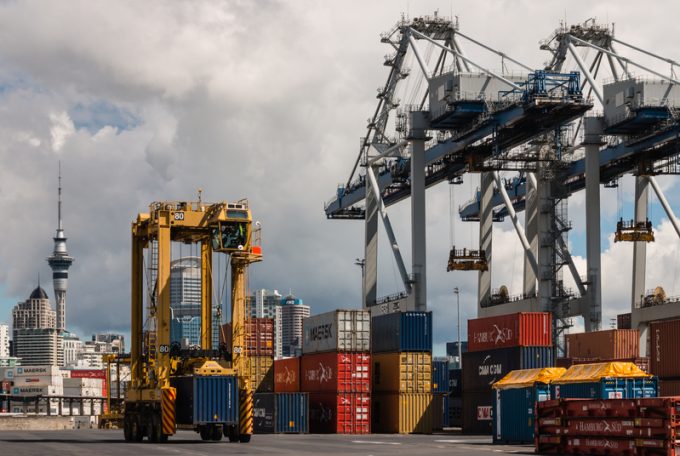News in Brief Podcast | Week 21 | GRIs and European port congestion
In this episode of The Loadstar’s News in Brief Podcast, host and news reporter Charlotte Goldstone ...

Delays at the New Zealand port of Auckland have become a “multi-million dollar problem” for the nation’s shippers.
Rocketing demand for containers, staff shortages and a half-finished automation programme have combined to create a “perfect storm” of delays, exporters say.
Local reports claim Ports of Auckland Ltd ...
Predatory rivals circle as the ripples from DSV's Schenker buy widen
MSC Elsa crew face criminal probe, as Wan Hai 503 firefighters battle on
Latest Israeli attack on Iran a threat to box ships in Straits of Hormuz
Industry concerns rise after yet another box ship on fire off Indian coast
'It's driving us mad', say forwarders as US court fails to end tariff turmoil
DHL Express facilities in Canada forced to shut down by strike
European port congestion easing – for now
More legal trouble in India for MSC: feeder vessel detained after box ship disasters

Comment on this article